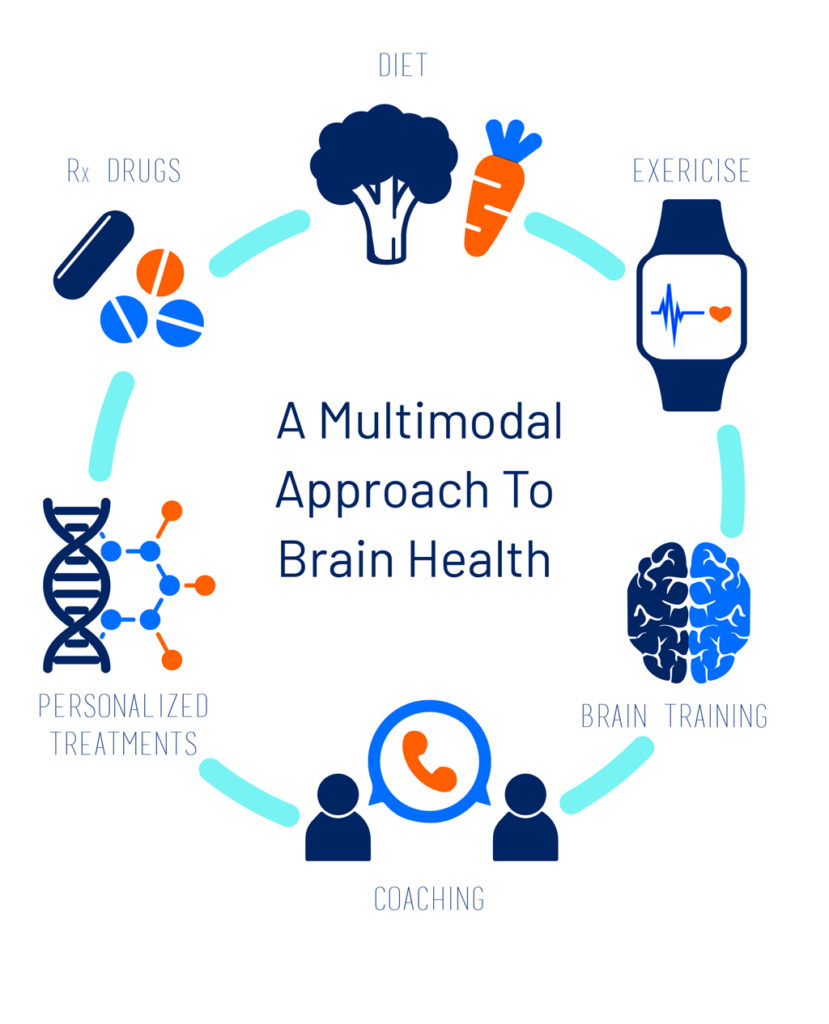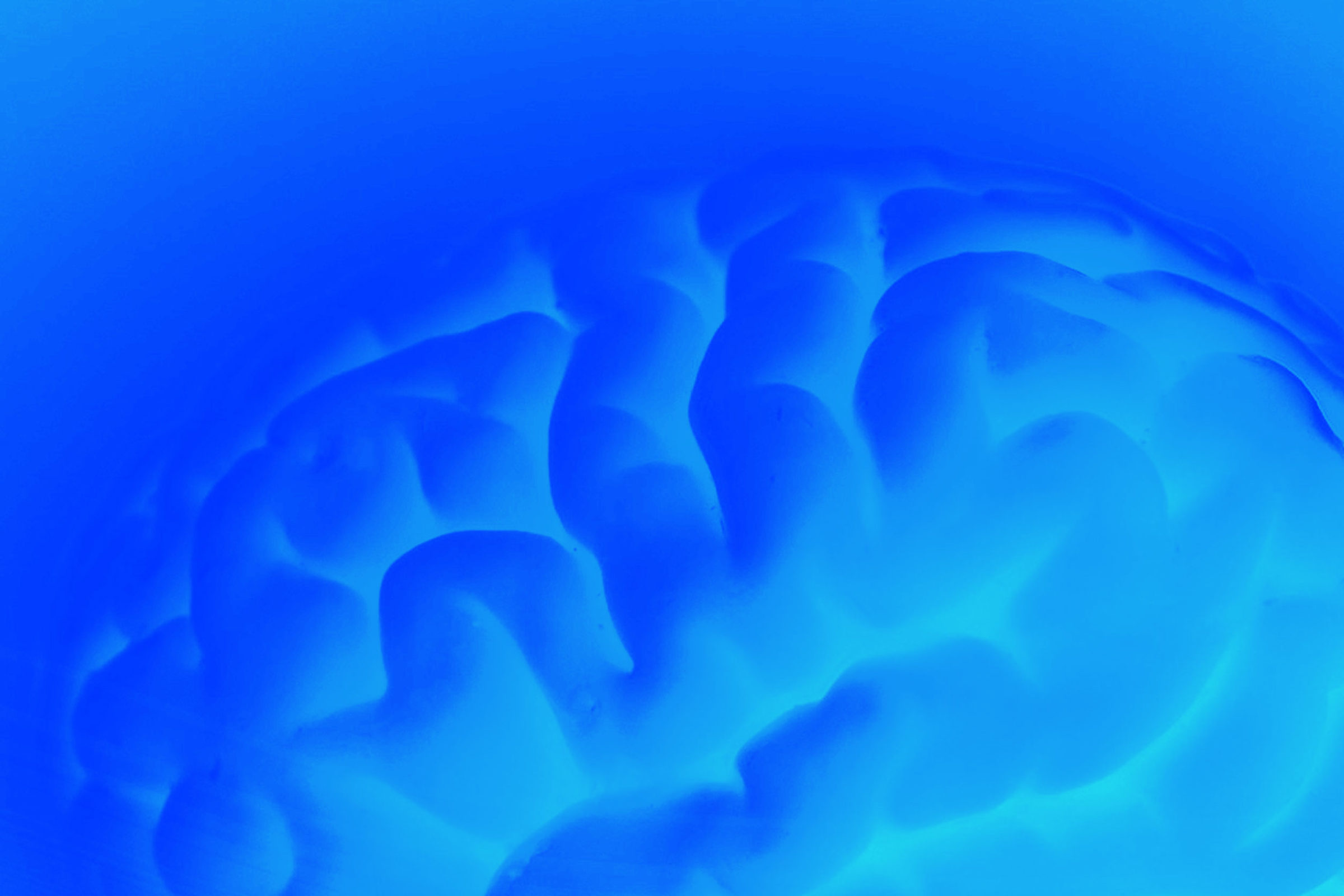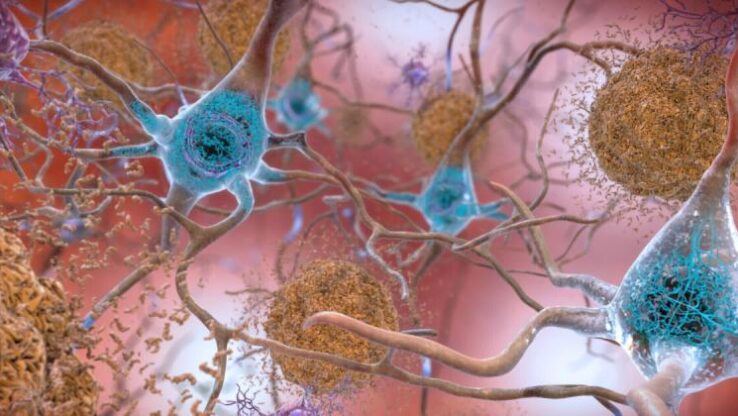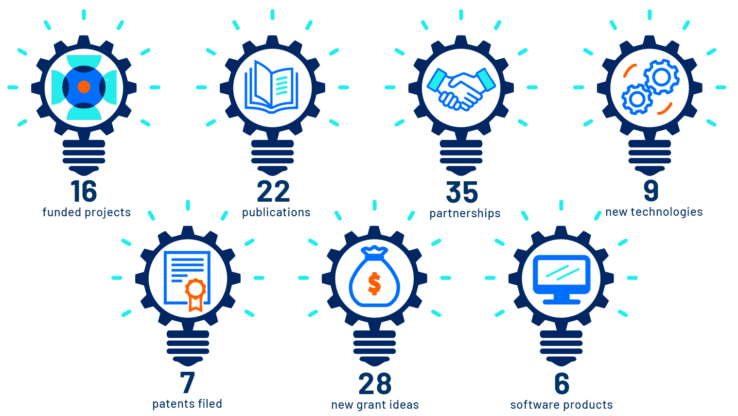This website uses cookies so that we can provide you with the best user experience possible. Cookie information is stored in your browser and performs functions such as recognising you when you return to our website and helping our team to understand which sections of the website you find most interesting and useful.
Brain Health
Science Transforming Health
 isbscience.org/research/brain-health/
isbscience.org/research/brain-health/
We find the needle in the haystack
ISB, along with a collaborative network of partners, is pioneering a multimodal approach that combines personal data, lifestyle factors, cognitive training and systems medicine — and is rigorously testing these new approaches in clinical trials. This approach is critical to prevent, slow, and even reverse many neurological conditions before they become irreversible.
“Brain health is the cornerstone of personal wellness, especially as we age. We need to monitor, preserve and improve the health of our most important organ throughout life.”
– Dr. Nathan Price, ISB professor & CSO Thorne Healthtech
To date, our researchers:
- Use deep phenotyping to create personal, dense, dynamic data (PD3) clouds in the hopes of identifying neurological conditions even before symptoms appear.
- Are collaborating in clinical trials exploring the effects of health coaching and brain training exercises on cognitive function for patients with early-stage Alzheimer’s disease.
- Developed partnerships to improve brain plasticity through cognitive training.
- Secured grant funding from several institutions, including multiple grants from the National Institutes of Health, to enable a systems approach to tackling neurological conditions and identifying treatment possibilities.
- Collaborated with a team that showed potential infectious agent-connection with Alzheimer’s disease.
- Identify disease-perturbed networks through systems analysis of neurodegenerative diseases such as Alzheimer’s disease and Huntington’s disease.
Every single clinical trial created to test Alzheimer’s disease drugs have failed.
Many neurological conditions are difficult, if not impossible, to cure. This is especially true in the late stages of disease.
Alzheimer’s disease is one such debilitating condition that currently has no cure, and has stymied researchers at every turn.
Prevention and early detection are crucial to identify these conditions at the earliest possible stage.

A MULTIMODAL APPROACH
The greatest hope for reversing and preventing Alzheimer’s disease and other neurological disorders is a multimodal approach that combines diet, exercise, drug treatment, coaching, brain training and other personalized treatments.
Observational studies suggest this novel approach can slow, stop, and in some cases reverse Alzheimer’s disease progression. ISB is collaborating on research to expand our understanding of the causes, effects and treatment of significant impairment of the human brain.
COCOA Trial Results Show Diet, Exercise Help Some with Dementia
The recently completed, ISB-led Coaching for Cognition in Alzheimer’s (COCOA) trial shows that diet and exercise can help people suffering from dementia. Senior Research Scientist Dr. Jared Roach discussed the findings in a Research Roundtable presentation.
Brain Health Publications
- Roach, Jared C., John F. Hodes, Cory C. Funk, William R Shankle, David A. Merrill, Leroy Hood, and Jennifer Bramen. 2022. “Dense Data Enables 21th Century Clinical Trials.” Alzheimer’s & Dementia: Translational Research & Clinical Interventions 8 (1): e12297. https://doi.org/10.1002/trc2.12297.
- Roach, Jared C., Lance Edens, Daria R. Markewych, Molly K. Rapozo, Junko Hara, Gustavo Glusman, Cory Funk, et al. 2022. “A Multimodal Intervention for Alzheimer’s Disease Results in Multifaceted Systemic Effects Reflected in Blood and Ameliorates Functional and Cognitive Outcomes.” medRxiv. https://doi.org/10.1101/2022.09.27.22280385.
- Earls, John C., Noa Rappaport, Laura Heath, Tomasz Wilmanski, Andrew T. Magis, Nicholas J. Schork, Gilbert S. Omenn, Jennifer Lovejoy, Leroy Hood, and Nathan D. Price. 2019. “Multi-Omic Biological Age Estimation and Its Correlation With Wellness and Disease Phenotypes: A Longitudinal Study of 3,558 Individuals.” The Journals of Gerontology. Series A, Biological Sciences and Medical Sciences 74 (Supplement_1): S52–60. https://doi.org/10.1093/gerona/glz220.
- Chakrabarty P, Li A, Ladd TB, Strickland MR, Koller EJ, Burgess JD, Funk CC, Cruz PE, Allen M, Yaroshenko M, Wang X, Younkin C, Reddy J, Lohrer B, Mehrke L, Moore BD, Liu X, Ceballos-Diaz C, Rosario AM, Medway C, Janus C, Li HD, Dickson DW, Giasson BI, Price ND, Younkin SG, Ertekin-Taner N, Golde TE. 2018. “TLR5 decoy receptor as a novel anti-amyloid therapeutic for Alzheimer’s disease.” Journal of Experimental Medicine. https://doi.org/10.1084/jem.20180484.
- Readhead B, Haure-Mirande JV, Funk CC, Richards MA, Shannon P, Haroutunian V, Sano M, Liang WS, Beckmann ND, Price ND, Reiman EM, Schadt EE, Ehrlich ME, Gandy S, Dudley JT. 2018. “Multiscale Analysis of Independent Alzheimer’s Cohorts Finds Disruption of Molecular, Genetic, and Clinical Networks of Human Herpesvirus.” Neuron. https://doi.org/10.1016/j.neuron.2018.05.023.
- Ament SA, Pearl JR, Cantle JP, Bragg RM, Skene PJ, Coffey SR, Bergey DE, Wheeler VC, MacDonald ME, Baliga NS, Rosinski J, Hood LE, Carroll JB, Price ND. 2018. “Transcriptional regulatory networks underlying gene expression changes in Huntington’s disease.” Molecular Systems Biology. https://doi.org/10.15252/msb.20167435
How You Can Help
We need your help to realize the full potential of multimodal therapy to slow, stop or reverse Alzheimer’s disease. A donation from you will help ensure that this critical research becomes a cornerstone of our brain health platform with the goal of positively impacting the standard of care for Alzheimer’s patients.






